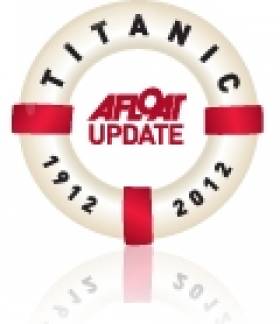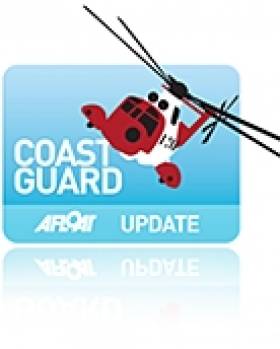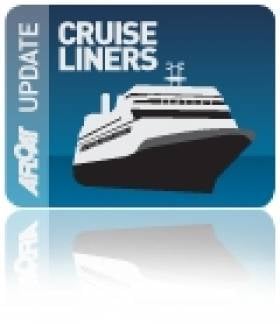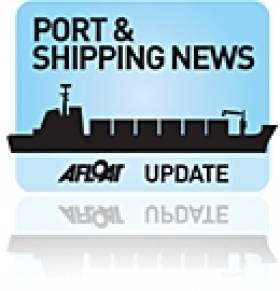Displaying items by tag: disaster
The 13 Deadliest Shipwrecks in History
#TITANIC - Irreverent tech website Gizmodo has marked the 100th annversary of the sinking of the Titanic with a list of the 13 deadliest shipwrecks in history.
The list runs the gamut from well over a century ago, in the early days of passenger shipping - see the SS Sultana, a tragedy overshadowed by the assassination of Abraham Lincoln and the end of the American Civl War - to more recent events.
Included are such as sad tales as that of the Empress of Ireland, the worst disaster in Canadian maritime history in which more than 1,000 died, and much closer to home the Lusitania, which went down off Kinsale in May 1915 after a torpedo attack.
But the worst was arguably suffered by the passengers of the steamship SS Kiangya - which blew up 50 miles north of Shanghai in December 1948, taking as many as 3,920 lives - and the horror that befell the MV Doña Paz in the Philippines in December 1987, where estimates put the death toll at an unbelievable 4,000.
Gizmodo has more on the story HERE.
Unified EU Coastguard On The Cards
#COASTGUARD - Greater co-operation between Europe's coastguard organisations is inevitable, according to the Irish Coast Guard director.
Chris Reynolds was speaking at Search and Rescue 2012, the EU Heads of Coastguard conference in Dublin last Thursday, at which he outlined a feasibility study being conducted by the European Commission on a standardised coastguard service across Europe.
As Shephard Media reports, Reynolds admitted that some challenges stood in front of any effective change in the sector, noting that SAR policy at member state level is often spread across many departments.
But the Costa Condordia disaster off the Italian coast recently may focus governments to develop a "sense of urgency" on the issue, he said.
In the keynote address at the conference, Italian coastguard chief Giuseppe Troina said it was fortunate that the death toll in that incident had not been much greater, emphasising that more than 4,000 people survived the cruise ship's sinking.
The Irish Times has more on the story HERE.
Cruise Lines Mandate Pre-Departure Safety Briefing for Passengers
#CRUISE LINERS - Cruise ship passengers will be given a safety briefing before leaving port under new industry rules drawn up in the wake of the Costa Concordia incident, The Guardian reports.
Three organisations representing international cruise lines have agreed that the 'muster drill' - which is currently conducted within 24 hours of setting sail as per maritime law - must now be held before departure from any port.
The move comes after reports that hundreds of passengers who had boarded the stricken vessel hours before it ran aground off the western Italian coast had not yet had any kind of safety instruction.
Muster drills, whereby passengers are shown how to put on lifejackets and directed to exits, are already common practice in the industry.
As previously reported on Afloat.ie, an Irish couple were among thousands rescued from the Costa Concordia after the incident on Friday 13 January. At least 32 people are believed to have died in the disaster, with 15 recorded passengers still missing.
The Guardian has more on the story HERE.
New Zealand Cargo Ship Wreck Breaks Up in Heavy Seas
#SHIPPING - The Greek-owned cargo ship which ran aground off New Zealand three months ago - described as the country's worst maritime disaster - has split in two in heavy seas.
In a scene thankfully avoided closer to home, with the successful tranfer of 54,000 tonnes of vacuum gas oil from the damaged tanker Germar Companion in Belfast Lough, rough conditions off the New Zealand coast have caused the stern section of the Rena to snap off.
As many as 300 containers were washed overboard, polluting the water with milk powder and other debris, and fears are growing of a new oil spill in the coming days posing a threat to marine wildlife.
According to BBC News, hundreds of tonnes of fuel have spilled into the sea since the ship first ran aground at the Atrolabe Reef off North Island on 5 October, causing the deaths of hundreds of seabirds.
Though more than 1,100 tonnes of oil have been removed from the stricken vessel, some 385 tonnes remain aboard.
BBC News has more on the story HERE.

































































